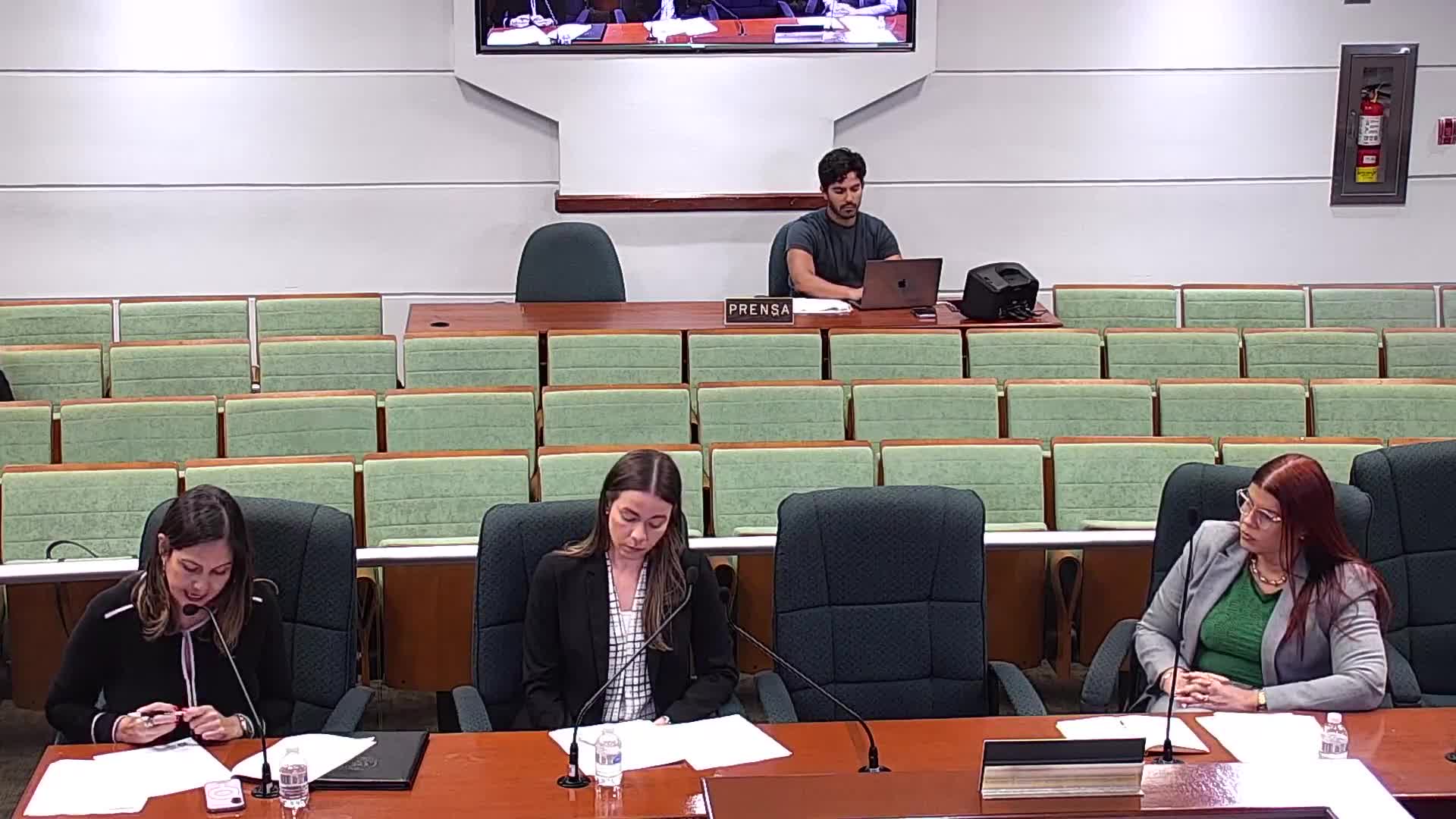
This article was created by AI using a video recording of the meeting. It summarizes the key points discussed, but for full details and context, please refer to the video of the full meeting. Link to Full Meeting
Key discussions highlighted that the legislation could introduce subjective elements into the rate-setting process, undermining established methodologies used by private payers and the Centers for Medicare & Medicaid Services (CMS). Critics argue that the bill lacks clear guidelines for the Office of the Commissioner of Insurance (OCS) and does not require the necessary technical expertise to analyze complex healthcare costs effectively.
The proposed changes could lead to increased disputes over billing practices, particularly concerning "balance billing," where providers charge patients for the difference between their fees and what insurers pay. This practice, while common in out-of-network scenarios, is heavily regulated for in-network providers. The legislation could disrupt existing contracts between insurers and providers, potentially resulting in higher premiums for consumers and financial instability within the insurance sector.
Furthermore, stakeholders expressed concerns that the bill might facilitate excessive billing practices and open the door to fraud, which could have far-reaching financial consequences for both insured individuals and the broader healthcare system. The meeting underscored the need for a careful evaluation of the proposed changes to ensure they do not compromise the financial viability of health insurers or the affordability of healthcare for patients.
As discussions continue, the future of PDLAC 1 32 remains uncertain, with many urging lawmakers to reconsider the potential risks associated with granting the Insurance Commissioner expanded authority over healthcare payment rates. The outcome of this legislative proposal could significantly impact the dynamics of healthcare financing in Puerto Rico.
Converted from Audiencia 1 meeting on May 13, 2025
Link to Full Meeting
Comments
View full meeting
This article is based on a recent meeting—watch the full video and explore the complete transcript for deeper insights into the discussion.
View full meeting